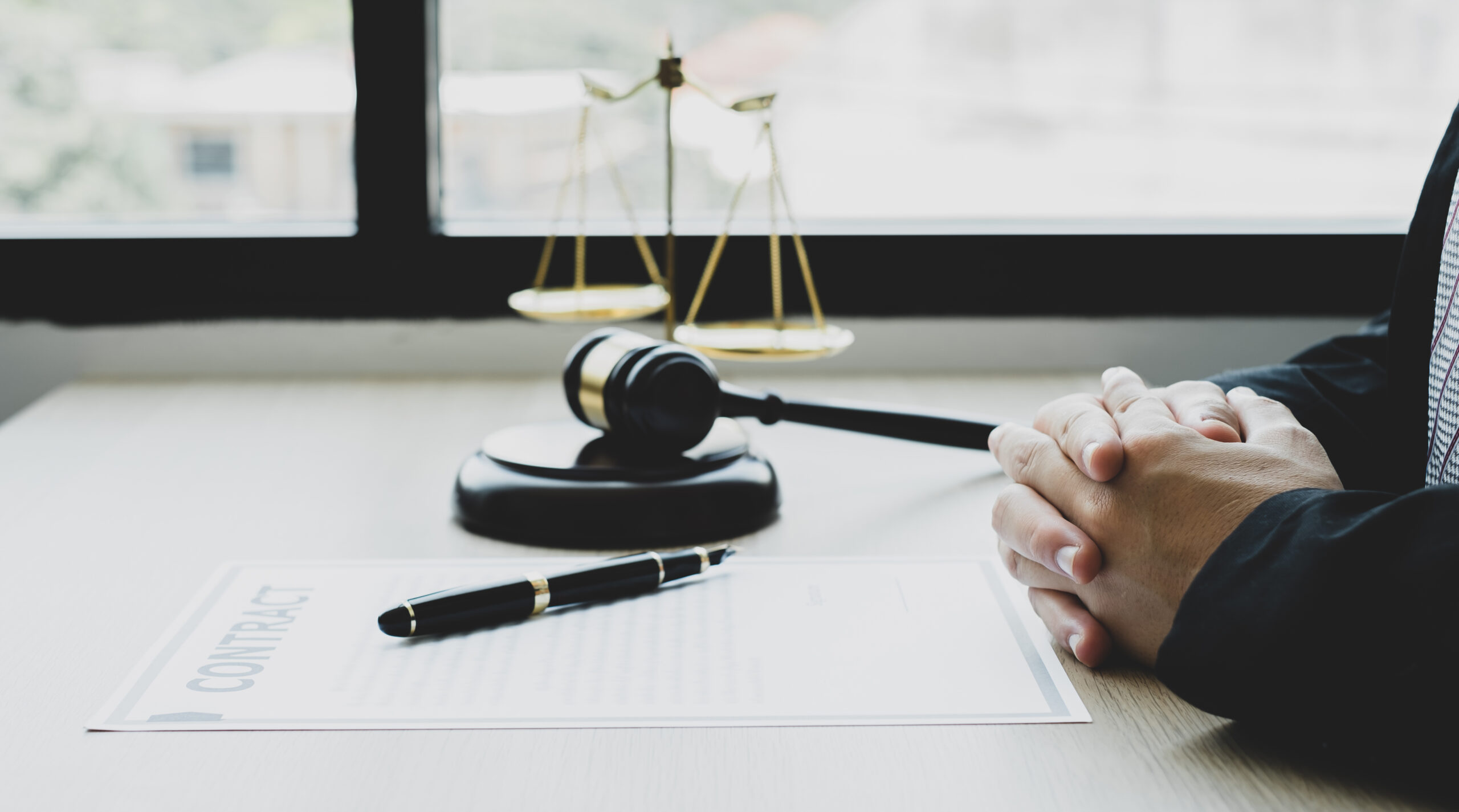Juvenile offenses occur when minors, typically those under 18 years old, are charged with crimes. The juvenile justice system’s primary focus is on rehabilitation and addressing the underlying causes of the minor’s delinquent behavior rather than punishing them. In most cases, the juvenile courts aim to provide services and intervention strategies, such as counseling, community service, restitution, and probation, to help the young offender reintegrate into society and avoid future offenses. When your child faces a juvenile offense, it is crucial to understand the intricacies of the juvenile justice system, the importance of advocating for your child, and how to seek the guidance of an experienced attorney to ensure the best possible outcome for their future.
Although the juvenile system’s goals are oriented towards rehabilitation, the potential consequences of a criminal charge can still have a lasting impact on a young person’s life, including educational prospects, employment opportunities, and future legal consequences. As a parent or guardian, understanding the legal process, your rights, and your child’s rights is essential to ensuring that the outcome is based on the best interests of your child. In this article, we will delve into the various aspects involved in navigating the juvenile justice system, the importance of skilled legal representation, common types of juvenile offenses, and preventative measures to protect your child’s future.
Common Types of Juvenile Offenses
Juvenile offenses can range from minor violations to serious crimes. Some common types of juvenile offenses include:
- Status offenses: These are offenses that are only considered crimes because the offender is a minor. Common status offenses include truancy, curfew violations, and underage drinking.
- Property crimes: Property crimes committed by juveniles often involve theft, burglary, arson, or vandalism.
- Drug-related offenses: These offenses include possession, use, or distribution of controlled substances.
- Violent offenses: While less common than other types of offenses, violent crimes committed by juveniles may involve assault, robbery, or more serious offenses like homicide.
The Role of Parents and Guardians in the Juvenile Justice Process
As a parent or guardian, your involvement in the juvenile justice process is crucial for several reasons:
- Emotional support: Your child will likely experience fear, confusion, and a range of emotions during this challenging time. Offering emotional support and understanding can help your child cope and reduce the negative impact of the experience.
- Advocacy: Ensuring that your child’s rights are protected throughout the process is essential. You can advocate for your child by collaborating with their attorney, attending court hearings, and staying informed about the case.
- Compliance with court orders: Ensuring that your child complies with the court’s orders, such as attending counseling sessions, performing community service, or adhering to probation requirements, is vital to their success in the juvenile justice system.
- Prevention of future offenses: By addressing the underlying issues contributing to your child’s behavior, parents and guardians play an essential role in preventing future offenses and fostering a better future for their child.
The Importance of Skilled Legal Representation
Navigating the complexities of the juvenile justice system can be challenging, making it crucial to obtain experienced legal representation for your child. A skilled attorney can:
- Protect your child’s rights: An attorney can ensure that your child is treated fairly and that their rights are protected throughout the legal process.
- Develop an effective defense strategy: Based on the specific circumstances of the case, an experienced attorney can develop an appropriate defense strategy and present a persuasive argument on your child’s behalf.
- Negotiate on your child’s behalf: Skilled negotiation can result in alternative options such as diversion programs, which may allow your child to avoid formal charges if they complete counseling, community service, or other requirements set by the court.
- Advocate for appropriate consequences: An attorney can advocate for rehabilitative measures that prioritize your child’s best interests and help them move forward positively.
Preventative Measures to Protect Your Child’s Future
Addressing the root causes of a minor’s delinquent behavior is essential to prevent future offenses and promote their well-being. Some preventative measures for parents and guardians include:
- Communication: Maintain open lines of communication and encourage your child to express their feelings and concerns.
- Monitoring: Keep track of your child’s activities, friendships, and whereabouts to better understand their environment and identify potential risk factors.
- Reinforcing positive behavior: Encouraging and rewarding positive behaviors can motivate your child to make better choices.
- Establishing boundaries and consequences: Setting clear expectations and consequences for inappropriate behavior can teach your child accountability and self-discipline.
- Seeking professional help: If your child struggles with mental health issues, substance abuse, or other challenges, seeking the assistance of trained professionals can provide essential support and guidance.
Conclusion
Navigating the juvenile justice system can be a daunting and emotionally taxing experience for both minors and their families. As a parent or guardian, understanding the legal process and your child’s rights is essential to ensuring the best possible outcome for their future. Securing the guidance and support of an experienced attorney can make all the difference in protecting your child’s rights, developing a compelling defense, and helping them move forward in a positive direction.
If your child is facing a juvenile offense, do not hesitate to contact BFP Law Firm to schedule a consultation and receive the expert legal assistance necessary to navigate this challenging time.






